Title: Evaluating the Purchase Price and Quality of Anti-Slip Work Shoes Introduction: Workplace safety is of utmost importance, especially in industries where employees are exposed to potential hazards such as slips, trips, and falls. Anti-slip work shoes play a crucial role in preventing workplace accidents and injuries. However, choosing the right pair of shoes involves considering various factors, including price and quality. This article aims to provide guidance on evaluating the purchase price and quality of anti-slip work shoes, allowing individuals and businesses to make informed decisions. 1. The Importance of Anti-Slip Work Shoes: Slips and falls are a significant cause of workplace injuries and can lead to severe consequences for both employees and employers. Anti-slip work shoes are designed with enhanced traction and slip-resistant soles to minimize the risk of accidents. These shoes should meet specific safety standards and provide comfort and durability to meet the needs of workers.
safety ware
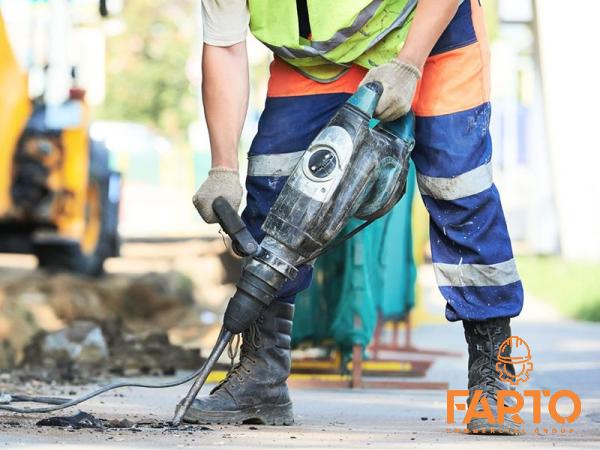 2. Determining the Purchase Price: The purchase price of anti-slip work shoes can vary significantly based on several factors, including brand reputation, additional features, and materials used. It is crucial to set a budget and consider the long-term cost benefits of investing in high-quality work shoes to prevent workplace accidents and reduce injuries. 3. Assessing the Quality of Anti-Slip Work Shoes: When evaluating the quality of anti-slip work shoes, the following factors should be considered: a. Slip Resistance: The primary function of anti-slip work shoes is to provide exceptional traction and prevent accidents due to slipping. Look for shoes that adhere to recognized slip resistance standards, such as ASTM F2413-18. b. Material Selection: The quality of the materials used in work shoes significantly impacts their durability and comfort. Leather, synthetic materials, and rubber are commonly used in work shoe construction. It is essential to identify the most suitable material combination based on specific occupational requirements and preferences. c. Construction and Design: A well-constructed work shoe will provide better durability and comfort.
2. Determining the Purchase Price: The purchase price of anti-slip work shoes can vary significantly based on several factors, including brand reputation, additional features, and materials used. It is crucial to set a budget and consider the long-term cost benefits of investing in high-quality work shoes to prevent workplace accidents and reduce injuries. 3. Assessing the Quality of Anti-Slip Work Shoes: When evaluating the quality of anti-slip work shoes, the following factors should be considered: a. Slip Resistance: The primary function of anti-slip work shoes is to provide exceptional traction and prevent accidents due to slipping. Look for shoes that adhere to recognized slip resistance standards, such as ASTM F2413-18. b. Material Selection: The quality of the materials used in work shoes significantly impacts their durability and comfort. Leather, synthetic materials, and rubber are commonly used in work shoe construction. It is essential to identify the most suitable material combination based on specific occupational requirements and preferences. c. Construction and Design: A well-constructed work shoe will provide better durability and comfort.
Specifications of safety ware
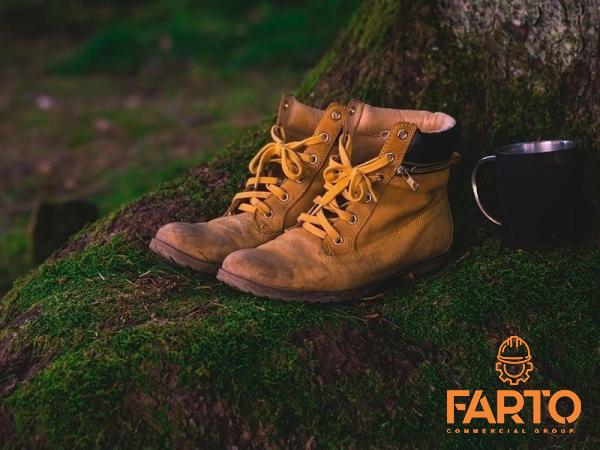 Key elements to consider include reinforced toe caps, shock-absorbing midsoles, and well-designed outsoles. Evaluate the construction techniques employed by different manufacturers to ensure optimal performance. d. Comfort and Fit: Comfort is vital, especially for workers who spend long hours on their feet. Ensure that the shoe provides adequate arch support, cushioning, and proper ventilation. Proper fitting is also crucial to avoid discomfort or foot-related issues. e. Durability and Maintenance: Work shoes should withstand the demands of the work environment. Evaluate shoe quality based on factors such as stitching, water resistance, and overall wear and tear resistance. It is also important to assess the maintenance requirements, such as cleaning procedures and the shoe’s ability to maintain slip resistance over time. f. Brand Reputation and User Reviews: Consider the reputation of the manufacturer or brand within the safety footwear industry. Look for reviews and feedback from other consumers and professionals to get first-hand insights into the quality and performance of specific work shoe brands.
Key elements to consider include reinforced toe caps, shock-absorbing midsoles, and well-designed outsoles. Evaluate the construction techniques employed by different manufacturers to ensure optimal performance. d. Comfort and Fit: Comfort is vital, especially for workers who spend long hours on their feet. Ensure that the shoe provides adequate arch support, cushioning, and proper ventilation. Proper fitting is also crucial to avoid discomfort or foot-related issues. e. Durability and Maintenance: Work shoes should withstand the demands of the work environment. Evaluate shoe quality based on factors such as stitching, water resistance, and overall wear and tear resistance. It is also important to assess the maintenance requirements, such as cleaning procedures and the shoe’s ability to maintain slip resistance over time. f. Brand Reputation and User Reviews: Consider the reputation of the manufacturer or brand within the safety footwear industry. Look for reviews and feedback from other consumers and professionals to get first-hand insights into the quality and performance of specific work shoe brands.
buy safety ware
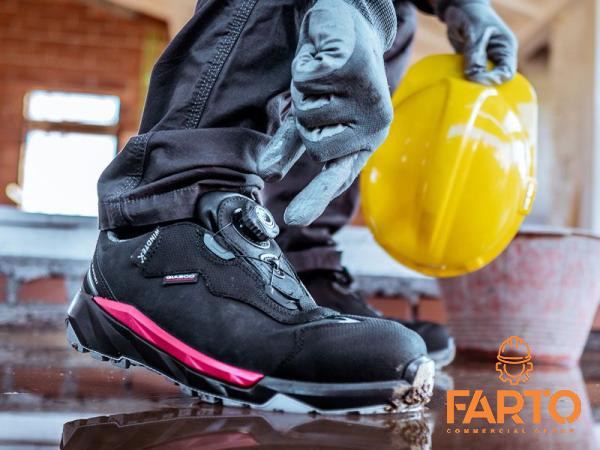 4. Cost-Effective Solutions: In evaluating the purchase price and quality of anti-slip work shoes, it is essential to strike a balance between price and quality. While cost-effective solutions are always desirable, compromising quality can lead to increased accident risks and additional costs in the long run. Look for shoes that provide the best value for money by considering durability, comfort, adherence to safety standards, and user reviews. 5. Industry-Specific Considerations: Different industries have varying safety requirements and work environments. It is important to consider industry-specific factors when purchasing anti-slip work shoes. Industries such as healthcare, hospitality, construction, and manufacturing have unique footwear needs, and it is crucial to choose shoes that meet industry standards and regulations. 6. Certification and Compliance: Ensure that the anti-slip work shoes purchased meet relevant safety certifications and comply with industry-specific standards.
4. Cost-Effective Solutions: In evaluating the purchase price and quality of anti-slip work shoes, it is essential to strike a balance between price and quality. While cost-effective solutions are always desirable, compromising quality can lead to increased accident risks and additional costs in the long run. Look for shoes that provide the best value for money by considering durability, comfort, adherence to safety standards, and user reviews. 5. Industry-Specific Considerations: Different industries have varying safety requirements and work environments. It is important to consider industry-specific factors when purchasing anti-slip work shoes. Industries such as healthcare, hospitality, construction, and manufacturing have unique footwear needs, and it is crucial to choose shoes that meet industry standards and regulations. 6. Certification and Compliance: Ensure that the anti-slip work shoes purchased meet relevant safety certifications and comply with industry-specific standards.
safety ware + buy and sell
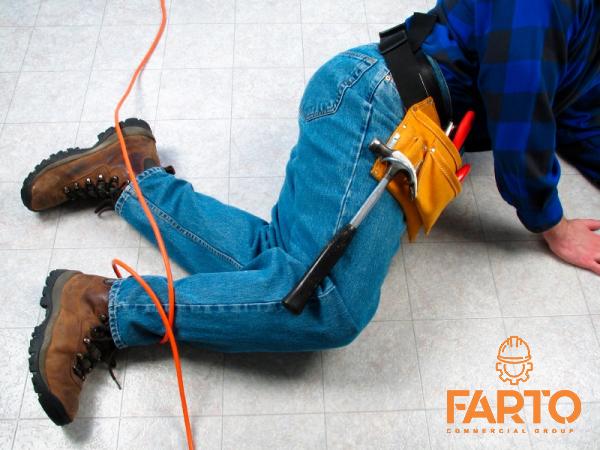 Look for compliance with ASTM (American Society for Testing and Materials) standards, such as ASTM F2413-18 for safety footwear. Conclusion: Choosing the right anti-slip work shoes requires careful consideration of both the purchase price and the quality of the product. By evaluating factors such as slip resistance, material selection, construction, comfort, durability, and brand reputation, individuals and businesses can make informed decisions to protect workers’ safety and reduce workplace accidents. Prioritizing quality over cost can lead to long-term cost savings and ensure the well-being of employees in hazardous work environments.
Look for compliance with ASTM (American Society for Testing and Materials) standards, such as ASTM F2413-18 for safety footwear. Conclusion: Choosing the right anti-slip work shoes requires careful consideration of both the purchase price and the quality of the product. By evaluating factors such as slip resistance, material selection, construction, comfort, durability, and brand reputation, individuals and businesses can make informed decisions to protect workers’ safety and reduce workplace accidents. Prioritizing quality over cost can lead to long-term cost savings and ensure the well-being of employees in hazardous work environments.

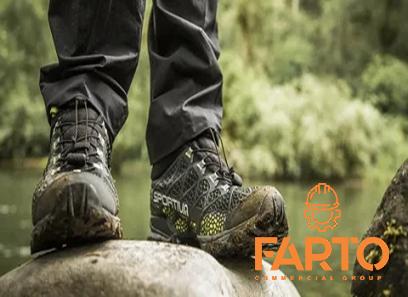
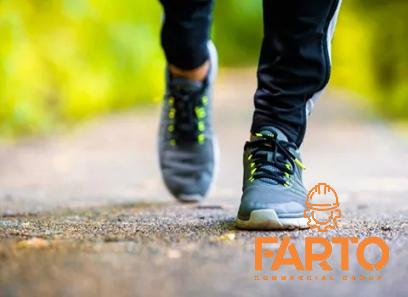
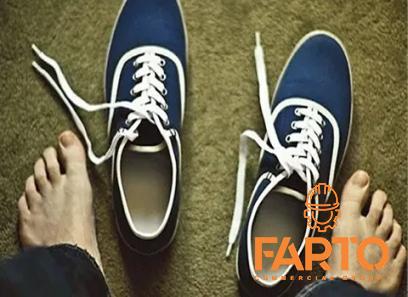
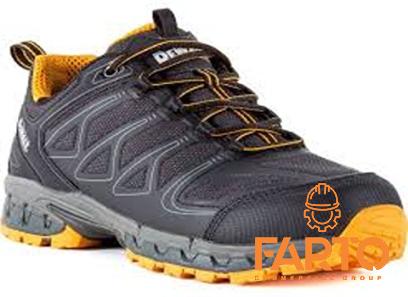
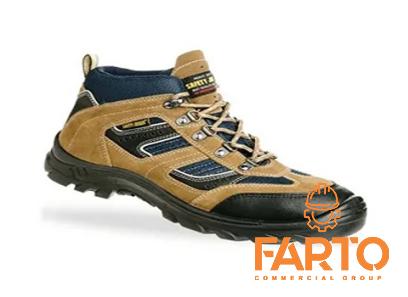
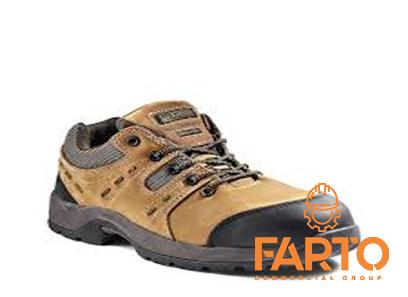
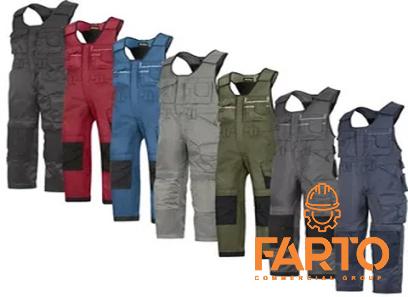
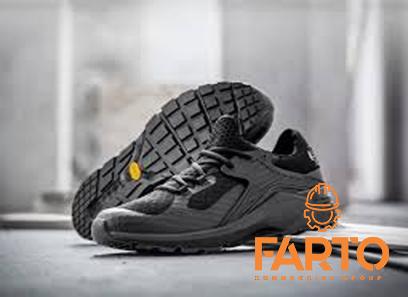
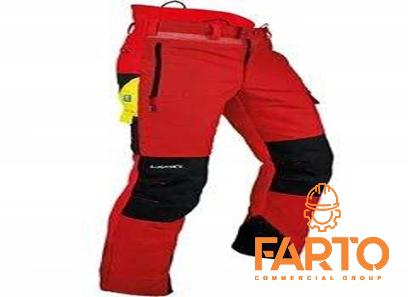
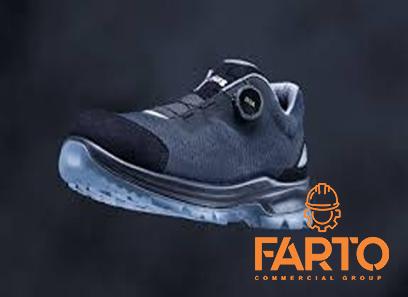
Your comment submitted.